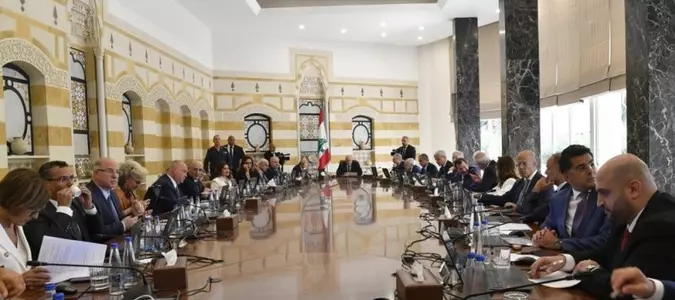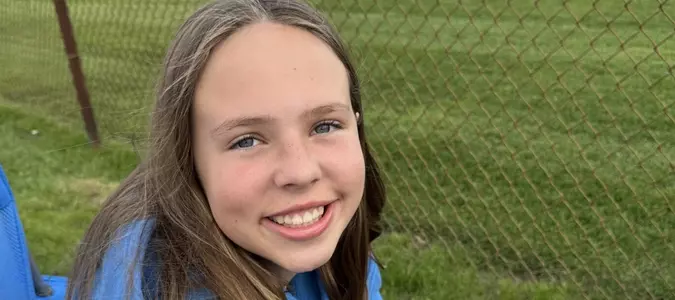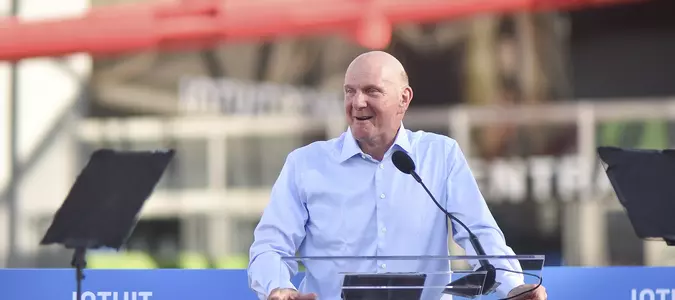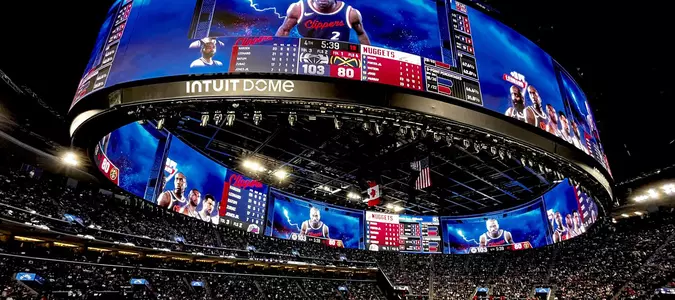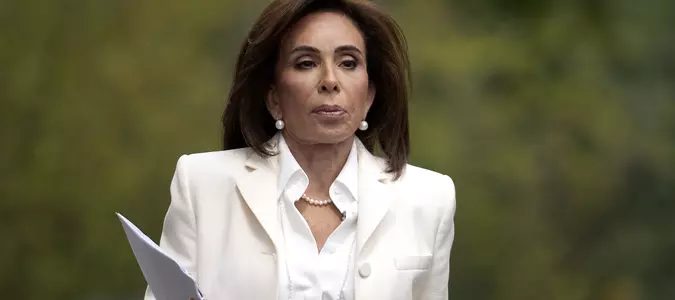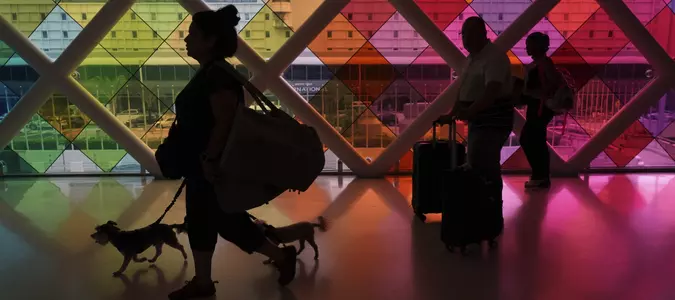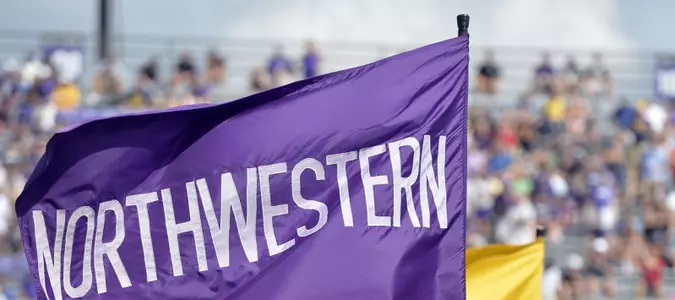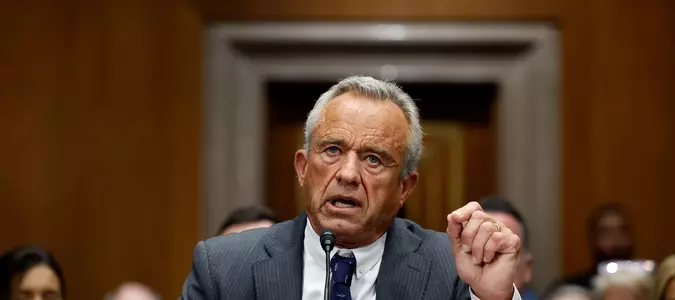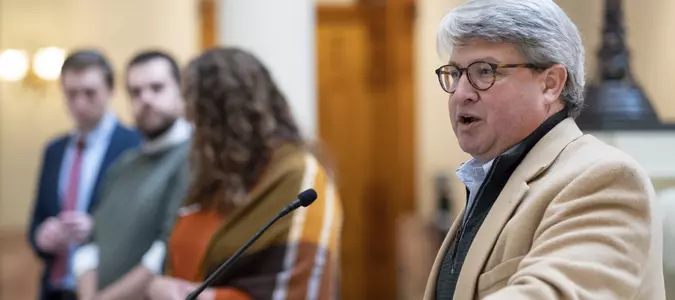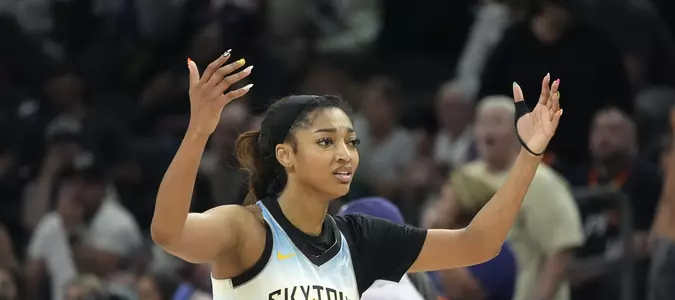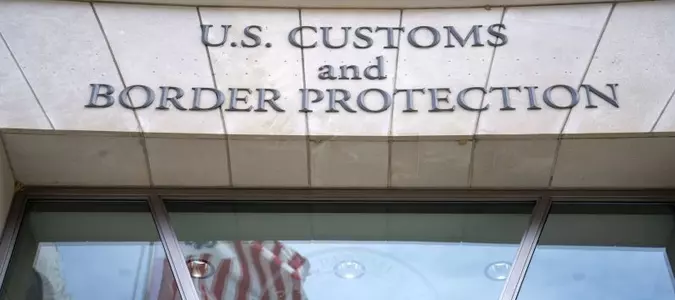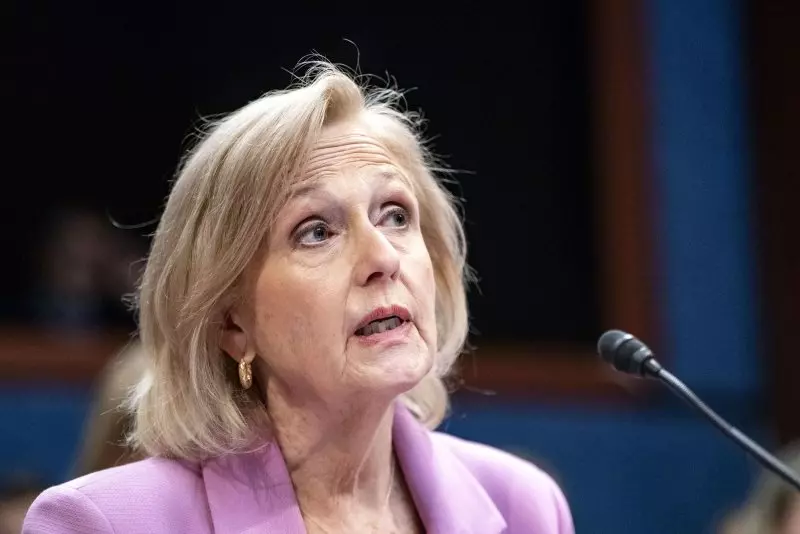

PBS cuts 100 jobs after losing federal funding, lays off 34
The chief executive of PBS said Thursday that the company was cutting 15% of its workforce due to an elimination of federal funding of public broadcasting.

President and CEO of Public Broadcasting Service Paula Kerger spoke during a House Committee on Oversight and Government Reform Subcommittee on Delivering on Government Efficiency hearing in March. Thursday she announced a 15% staff reduction. File Photo by Bonnie Cash/UPI UPI President and CEO of National Public Radio Katherine Maher spoke at a House committee hearing in March. File Photo by Bonnie Cash/UPI UPI
Sept. 5 (UPI) -- The chief executive of PBS said Thursday that the company was cutting 15% of its workforce due to an elimination of federal funding of public broadcasting.
There were 34 people laid off Thursday, and with the elimination of vacant positions and the loss of a federal grant, it means more than 100 jobs were lost.
PBS Chief Executive Paula Kerger said the organization has lost 21% of revenues.
"In this unprecedented moment we remain focused on what matters most: ensuring our member stations can deliver quality content and services to communities across America," a PBS spokesperson said.
Kerger said in an email to general managers that the PBS foundation had received a "significant grant" from a major donor to support PBS News Hour and PBS Kids, but they still needed to make "significant changes in our staffing and operations." The job reductions include those tied to Ready to Learn, which had Department of Education funding that also was eliminated, Deadline reported.
In July, Congress voted to rescind $1.1 billion in funds to public broadcasting.
...
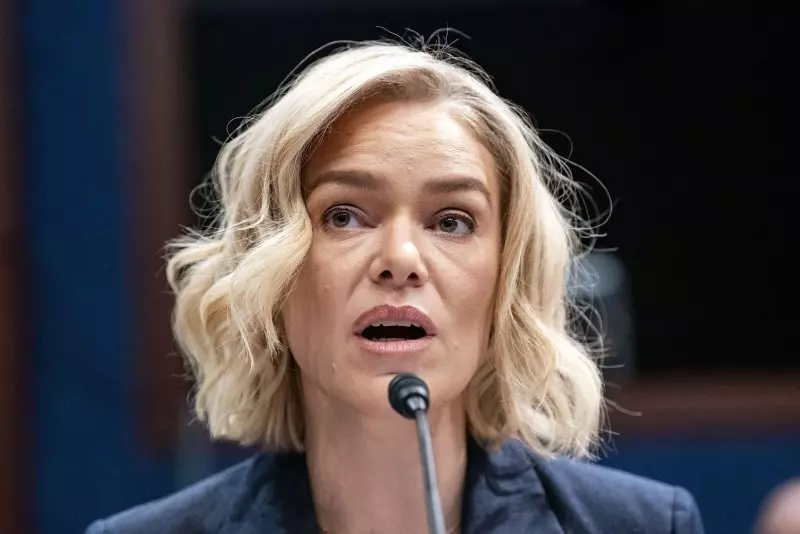
Public media had used an advanced appropriations cycle, which means Congress had already allocated funds through 2027. President Donald Trump threatened to withhold support for anyone in Congress who didn't vote for the rescissions bill.
The Corporation for Public Broadcasting, which distributes grants to public media outlets, is shutting down at the end of the year. It was created by Congress in 1967.
PBS only took a small portion of direct funding from the CPB, but stations also paid dues to PBS, which distributes shows like PBS News Hour and Masterpiece. Stations in rural areas and smaller cities relied more on federal funds, according to public media advocates.
Some stations, including KQED in San Francisco and GBH in Boston, have had layoffs.
NPR CEO Katherine Maher has said she will cut the network's budget by $8 million to give savings to public stations most affected by the cuts.
On the CBS Late Show, Maher told Stephen Colbert that an estimated 70 to 80 of NPR's 246 member stations may have to shut down.
Public radio stations typically take about 10% of their revenues from the CPB and pay NPR for the right to broadcast its shows, NPR reported.
For some stations, particularly those serving rural and Native American audiences, reliance on federal money was far greater.
